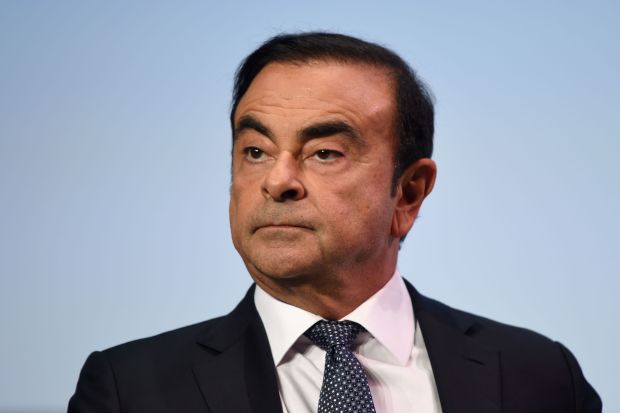By Hugo Vogel, Year 12
Carlos Ghosn is a half French half Lebanese Brazilian born businessman who has been a large presence in the automobile industry since the 1980s. He has worked at Michelin, Renault, Nissan, and Mitsubishi. However, his name has recently made headlines for his arrest and extended detention.
On November 19th 2018 Ghosn was arrested upon re-entering Japan for accounts of false accounting. According to corporate lawyer Stephen Givens these offences “routinely overlooked in Japan”. From then on Ghosn was held for 23 days with no charges being filed, which is a standard procedure in Japan. On December 10th the first charges were filed which led to 10 more days of bail free legal detention. On the 21st of December he was re-arrested for more charges which led to his continued detention. This happened again with new charges on January 11th. Ghosn was finally released on March 6th after paying 9 Million USD for bail. However, Ghosn’s trial is far from over and he is now being held in a house under 24 hour video surveillance and can not leave the country.
Ghosn story reveals a bigger problem with the Japanese judicial system: it is meant for the prosecution to win. A telling statistic is that 99% of people indicted of crimes in Japan are found guilty. This high rate of success for the Japanese prosecution is usually due to confessions which they obtain by detaining people for very long periods of time without them being able to post bail. Although Ghosn’s arrest may have some criminal implications it will hopefully lead to a more serious conversation of Japan’s harsh and unfair judicial system.



